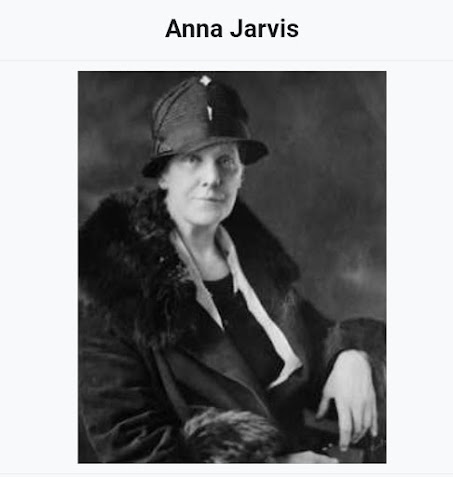History of Mother's Day.
Links paid
History of Mother's Day.
Mother's Day is a celebration of mothers and motherhood that is observed on different dates around the world. This special day is dedicated to all mothers, grandmothers, and maternal figures who have made an impact in our lives. The history of Mother's Day dates back to ancient times when the Greeks and Romans held festivals to honor the mother goddesses Rhea and Cybele. However, the modern-day celebration of Mother's Day has its roots in the United States.
The origins of Mother's Day in the United States can be traced back to the 19th century. In 1870, a woman named Julia Ward Howe, who was a social activist and poet, suggested the idea of a Mother's Day as a day of peace. She wrote a passionate appeal to women urging them to rise against war and work towards peace. The idea of Mother's Day as a day of peace, however, did not gain much traction.
The modern-day celebration of Mother's Day was initiated by Anna in 1908. Anna Jarvis was a daughter of a social activist, Ann Reeves Jarvis, who had organized Mother's Day work clubs in the 1850s to improve health and sanitation conditions in Appalachia. After her mother's death in 1905, Anna Jarvis campaigned for a national holiday to honor mothers. She felt that mothers deserved a special day of recognition for all their hard work and sacrifices.
Anna Jarvis succeeded in her campaign, and in 1914, President Woodrow Wilson signed a proclamation designating the second Sunday in May as Mother's Day. The first Mother's Day celebration was held on May 9, 1914. It was a day when people honored their mothers by sending them cards and gifts, taking them out to lunch, or spending time with them. The holiday became an instant success, and soon it was celebrated across the United States.

.png)
.png)